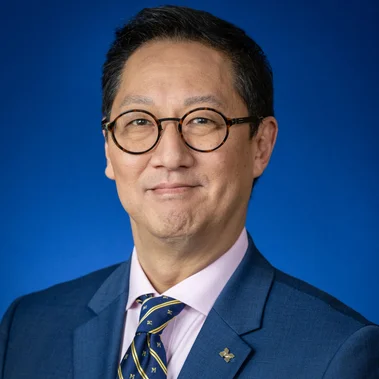Santa J. Ono, President, University of Michigan - Ann Arbor | University of Michigan - Ann Arbor
Santa J. Ono, President, University of Michigan - Ann Arbor | University of Michigan - Ann Arbor
High school students participating in ethnic studies courses are developing skills to think critically about social inequalities, according to research from the University of Michigan. The study found that these courses foster significant growth in critical reflection, a key aspect of critical consciousness that helps individuals identify and challenge systemic inequities.
Matthew Diemer, a professor at U-M’s Marsal Family School of Education, explained, “Taking ethnic studies courses was associated with positive changes in critical consciousness, more specifically critical reflection.” He added that such consciousness is linked to academic success and well-being.
The research underscores the benefits of ethnic studies despite legislative challenges in over 30 U.S. states. These courses appear particularly beneficial for racially marginalized students who encounter systemic racism. Prior research supports this finding by linking ethnic studies with academic achievement among these groups.
Conducted as a longitudinal mixed-methods study involving 459 ninth-grade students from California—primarily Mexican or Mexican-American and attending high-poverty schools—the research used quantitative surveys and qualitative interviews to evaluate the impact on youth development.
Andres Pinedo, lead researcher and assistant professor at Vanderbilt University, emphasized the significance of their mixed-methods approach: “This is one of the first studies on this topic to apply mixed methods,” he said. “It sheds light on the potential mediating processes that explain why ethnic studies support students’ academic success.”
The study also highlighted student appreciation for content and teaching methods in ethnic studies classes which encourage cooperative learning and direct engagement with social justice issues.
However, an unexpected decline was observed in students' motivation to act against inequality over time. Pinedo noted his surprise at this finding: “I was personally most surprised to see that students—both those enrolled in ethnic studies and those who were not—declined in their critical motivation.” He suggested this might be due to limited opportunities for action within their communities.
Pinedo concluded by stressing the importance of integrating opportunities for critical action into curricula: “We aim to clarify how students of different social identities with varying access to resources and opportunities respond to ethnic studies curricula.”






 Alerts Sign-up
Alerts Sign-up